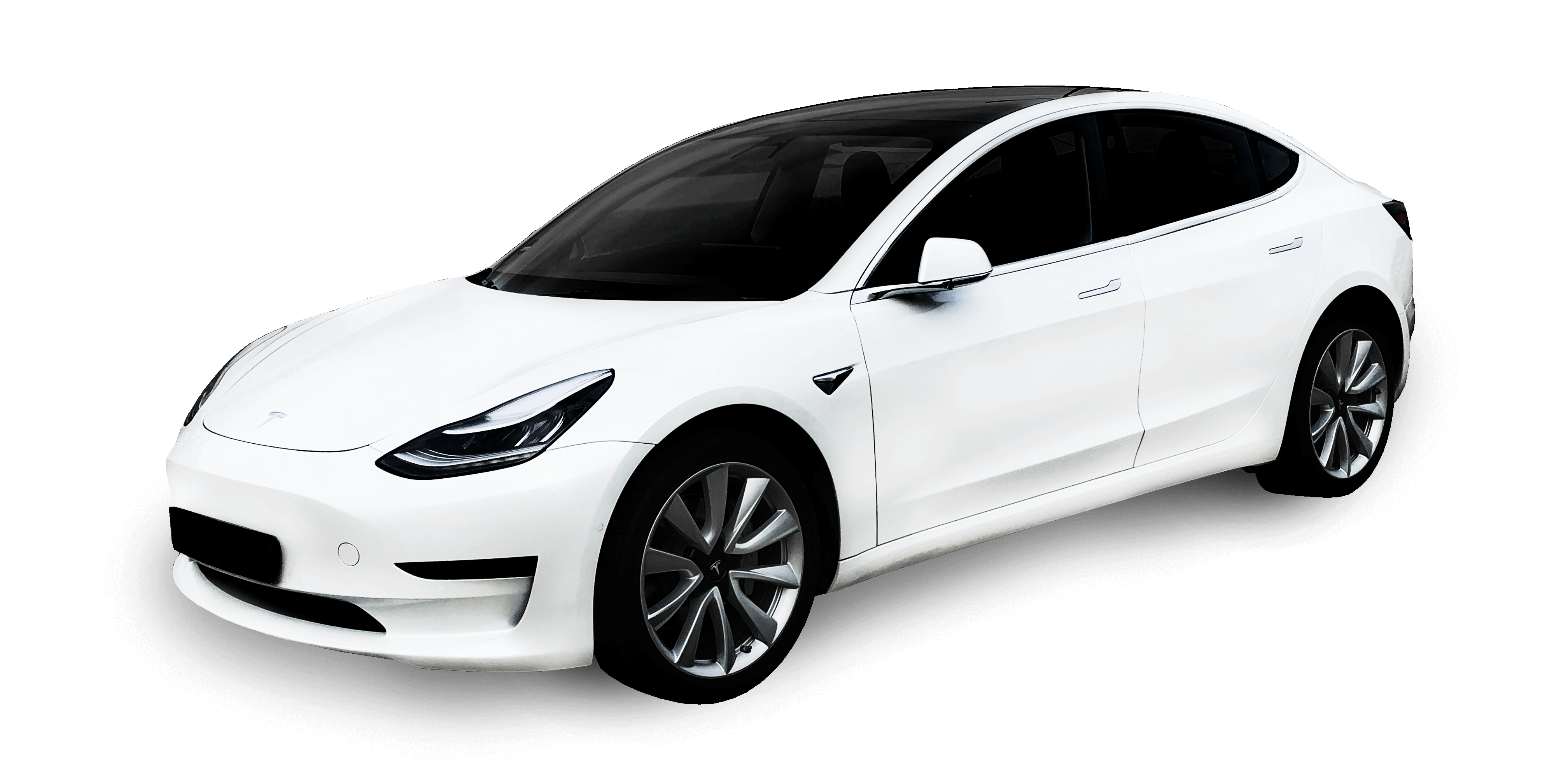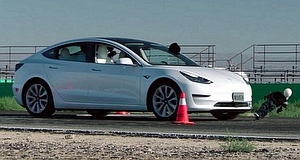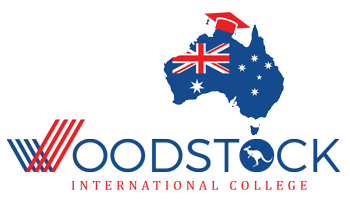
TESLA CEO Elon Musk has reported that his company’s self-driving technology will be ready before the end of the year and that the company hopes to release the Level 4-capable system in the United States and Europe pending regulatory approval.
Speaking at an energy conference in Norway this week, Mr Musk said his attention was currently divided between his SpaceX Starship spacecraft program and self-driving Tesla cars.
“The two technologies I am focused on, trying to ideally get done before the end of the year, are getting our Starship into orbit … and then having Tesla cars be able to do self-driving,” he said.
“(We aim to) have self-driving in wide release at least in the US and potentially in Europe depending on regulatory approval.”
Tesla has fallen behind rival Mercedes-Benz in gaining regulatory approval for its self-driving technology. The German firm was granted approval for its Drive Pilot Level 3 autonomous driving system last December.
Tesla said last year that it will likely achieve its plans for Level 4 autonomous driving by the end of 2022 and that key milestones in the development of full self-driving (FSD) have been achieved.
Level 4 autonomous driving is: whereby the vehicle is able to perform all driving tasks and whereby the driver can transfer complete control to the system and devote themselves to other activities.
In a Lex Fridman podcast recorded in 2021, Mr Musk said FSD has the ability to significantly lower the rate of accidents when compared with human operation of a vehicle.
“I think it’s got to be two or three times safer than a human, so two- or three-times lower probability of injury than a human,” he said.
Continuing to speak at this week’s conference in Norway, Mr Musk said the world must continue to extract oil and gas to sustain civilisation while also developing sustainable sources of technology.
“Realistically, I think we need to use oil and gas in the short-term because otherwise civilisation will crumble,” he said, adding that Norway should continue to drill for oil and gas.
“I think that some additional exploration is warranted at this time. One of the biggest challenges the world has ever faced is the transition to sustainable energy and to a sustainable economy – that will take some decades to complete.”
As Russian gas supplies continue to threaten energy stability across Europe, Mr Musk said offshore wind power generation in the North Sea, combined with stationary battery packs, could become an important source of energy.
“It could provide a strong, sustainable energy source in winter,” he added.
The EU has earmarked some €280 billion ($A409b) to support the energy needs of private and business users amid soaring prices but consumers say more needs to be done. The European Union will call an emergency meeting of energy ministers to discuss potential solutions in the lead up to the European winter.
Mr Musk said the EU should not rule out extending the life of its nuclear power generation facilities.
“If you have a well-designed nuclear plant, you should not shut it down – especially right now,” he said.
The news comes the same week as Tesla seeks to overturn a ban on direct car sales in the US state of Louisiana.
Tesla Incorporated has filed a lawsuit to challenge the state’s refusal to allow it to sell vehicles directly to customers (in an agency style model), calling the Louisiana’s move “protectionist and anti-competitive”.
Tesla claims Louisiana officials have violated state and federal anti-trust laws by banning direct car sales since 2017 and are trying to restrict the leasing and servicing of Tesla models in Louisiana.
According to the lawsuit filed this week: “Louisiana consumers’ freedom is being unduly restricted by protectionist, anti-competitive and inefficient state regulation”.
Tesla has accused Louisiana dealers, the state’s dealer association and some members of the Motor Vehicle Commission of entering an “unlawful conspiracy to bar Tesla from doing business in Louisiana”.
In 2016, Tesla also sued the state of Michigan for that state’s direct sales ban and reached a settlement in 2020 under which Tesla can have its cars serviced in Michigan via a subsidiary.


